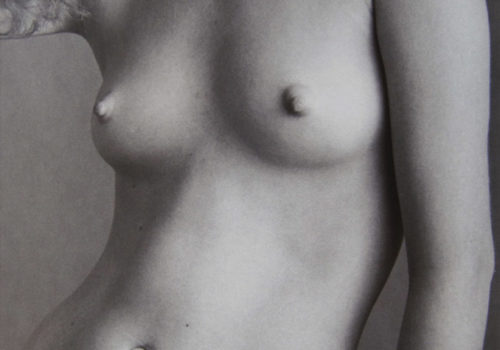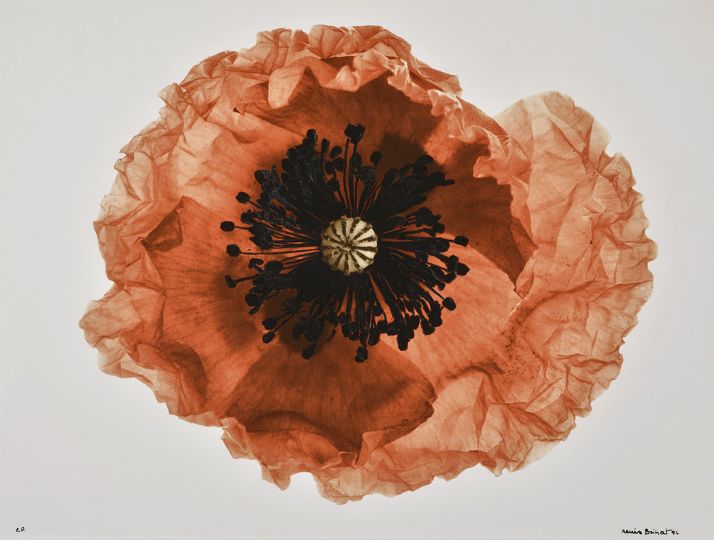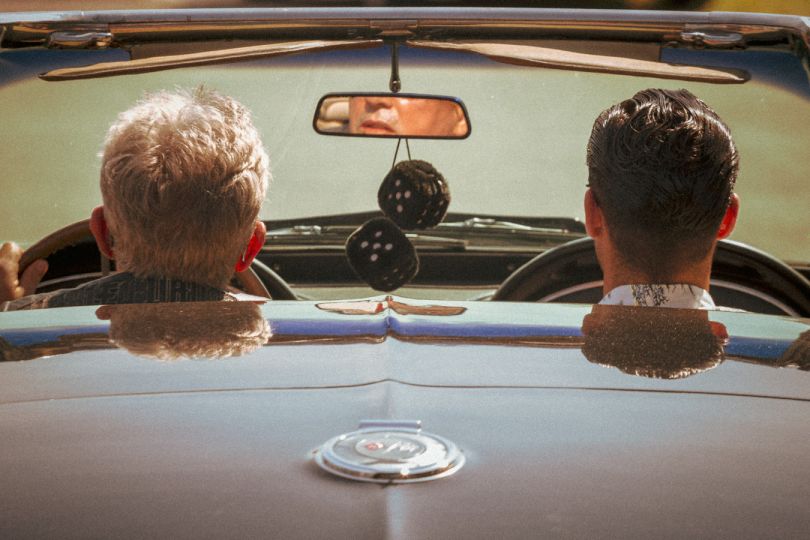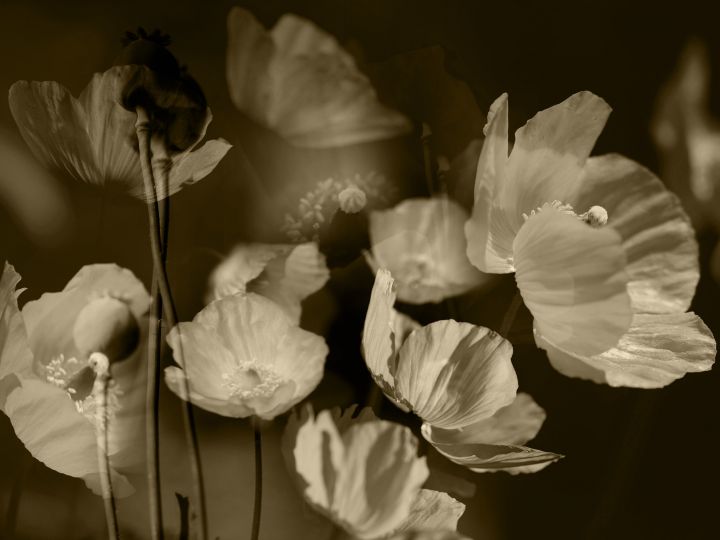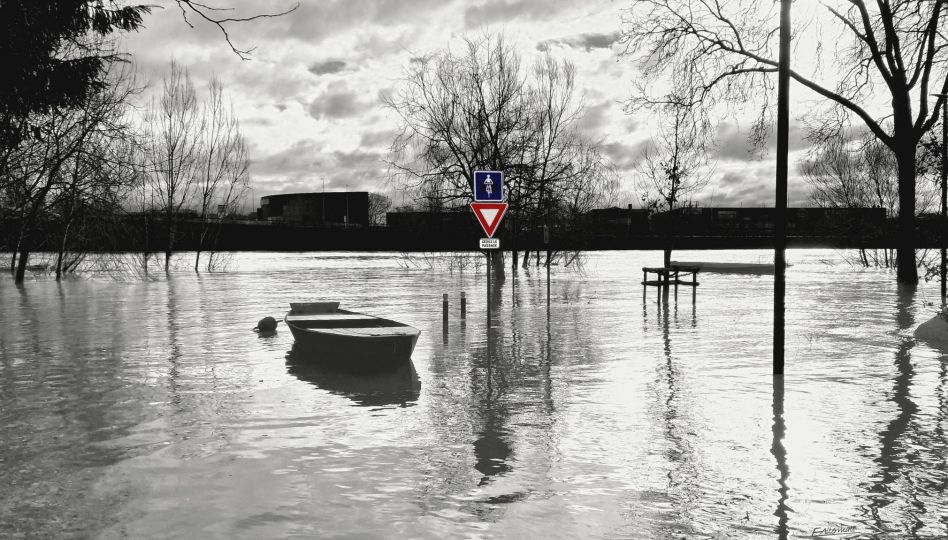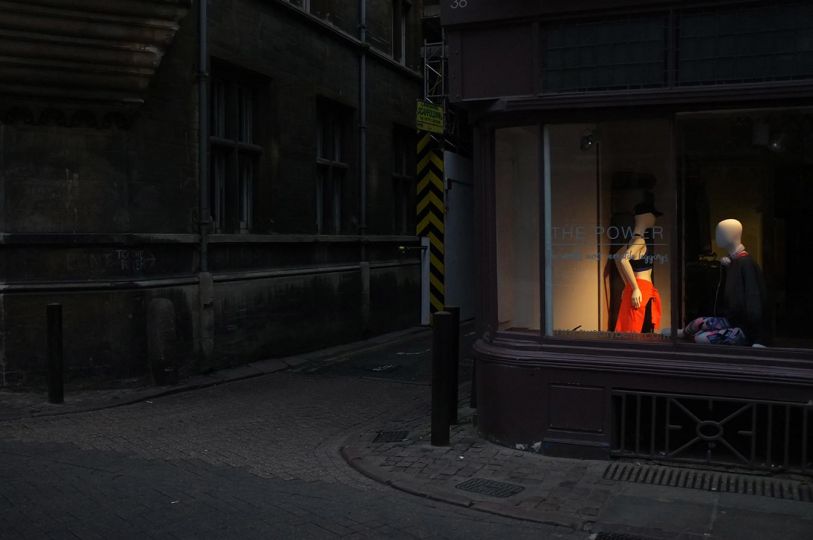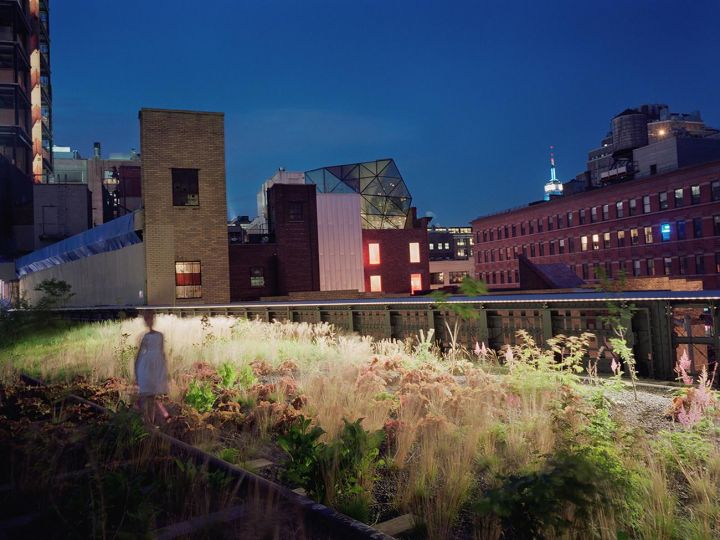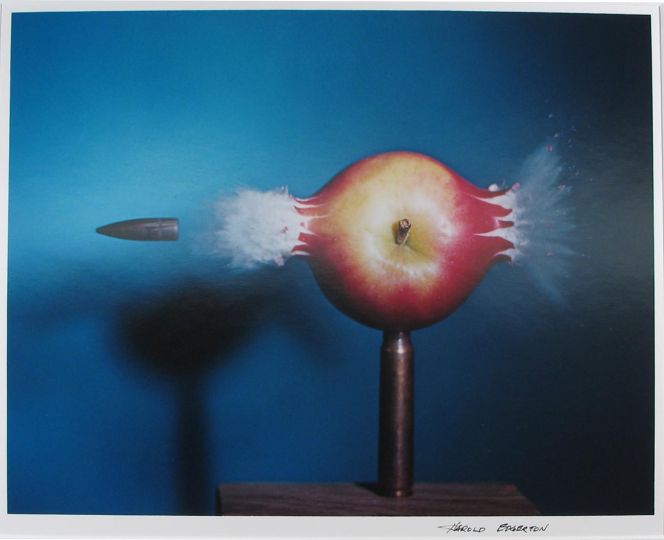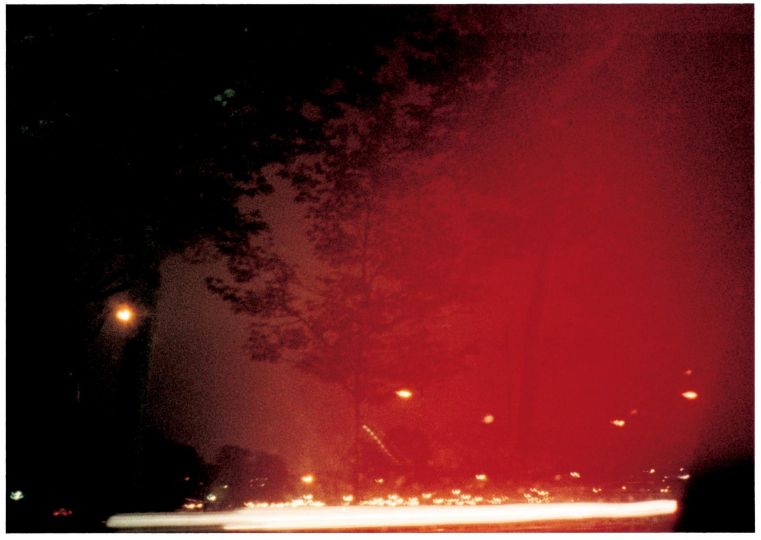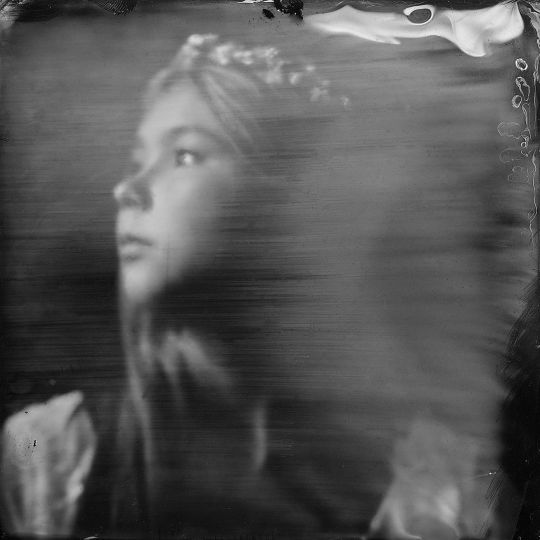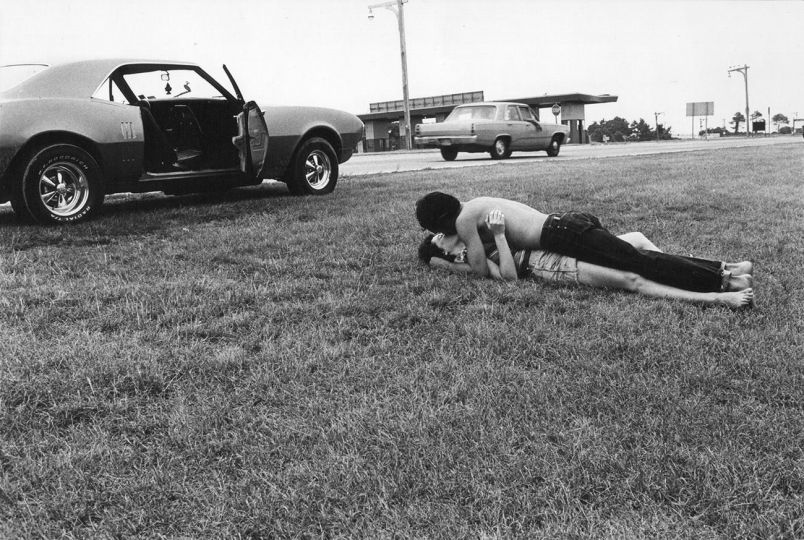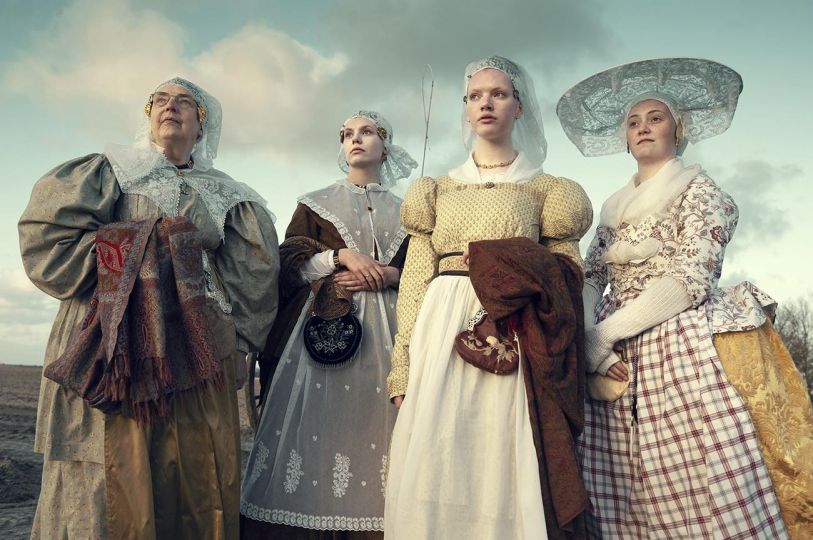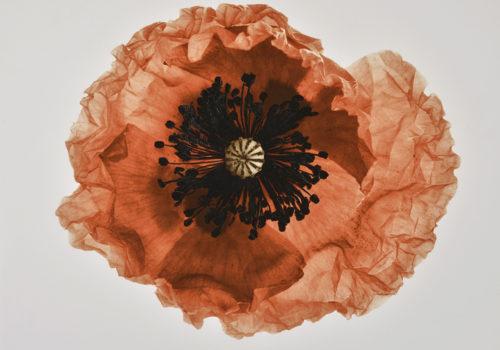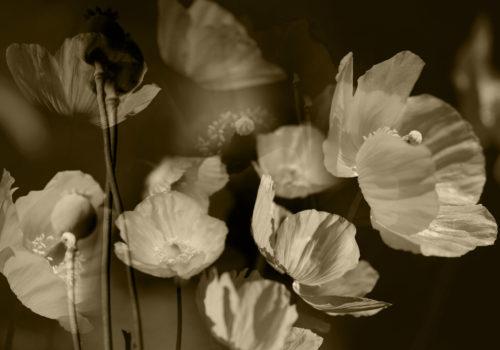The Jackson Fine Art Gallery in Atlanta is presenting a selection of photographs by Frederick Sommer, taken from the collection of a passionate admirer who built up his collection from 1973 to 1994 during many visits to Prescott, Arizona, where he watched the master at work.
To introduce Sommer, let us start with what his friend Emmet Gowin told me for an interview published last month in Camera: “Just before I graduated I discovered the work of Frederick Sommer and asked Harry Callahan who he was. He got very excited and said, ‘Oh, he would be so good for you, he is like you in some ways. You would really like him.’ Sommer was a bit of a poet. He didn’t write a lot of things but he wrote something for Aperture in 1960 or 1962, laid out the way a poem would be laid: ‘All bare things/ Should be given away/ I have borrowed very freely/ Let those who recognize what I stole from them/ In turn make restitution.’ He is saying it’s the nature of life, we steal language from our parents, we steal how to walk, to stand, how to hold our body, everything that constitutes who we are is borrowed from someone else. It’s the nature of coming to age. We do it unconsciously before doing it consciously. After, we want to edit ourselves and that is what William Blake says: ‘The tigers of life are wiser than the horses of instruction.’ When you respond from your energy and just do something, it’s much better than when you try to make up the answer to make sure it’s the right answer. In all these complications, you rob yourself from the right experience.”
Sommer was among those who understood, and he has never stopped experimenting with different forms of beauty and recreating them through a wider range of photographic subjects. From 1960 to 1965, he shared his studio with Lee Nevin, the daughter of his friend and neighbor. His nudes, as voluptuous as Edward Weston’s, have the texture of flesh and the delicate rippling of bodies. At the time, Edward Steichen had already exhibited Sommer’s work at the MoMA for an exhibition called The Sense of Abstraction in Contemporary Photography. In fact, the bodies in Sommer’s photographs aren’t always alive: he also closely observed the more macabre aspects of the American West in abstract compositions revealing emotion through form and material, as in his photograph of the dead body of a rabbit, embedded like a fossil in the dry Arizona ground, or his “Abstract Arrangement of Anatomy,” a flayed body seen from behind, exposing its pink muscles. His landscapes also resist documentary and reveal the grandeur of the West, through compositions made with lines and points formed by the shrubs and posts dotting the Arizona desert, or through the meticulously aligned horizontal slats on the facades of traditional houses.
EXHIBTION
Frederick Sommer
Until July 3rd, 2014
Jackson Fine Art
3115 East Shadowlawn Avenue
Atlanta, GA 30305
USA

